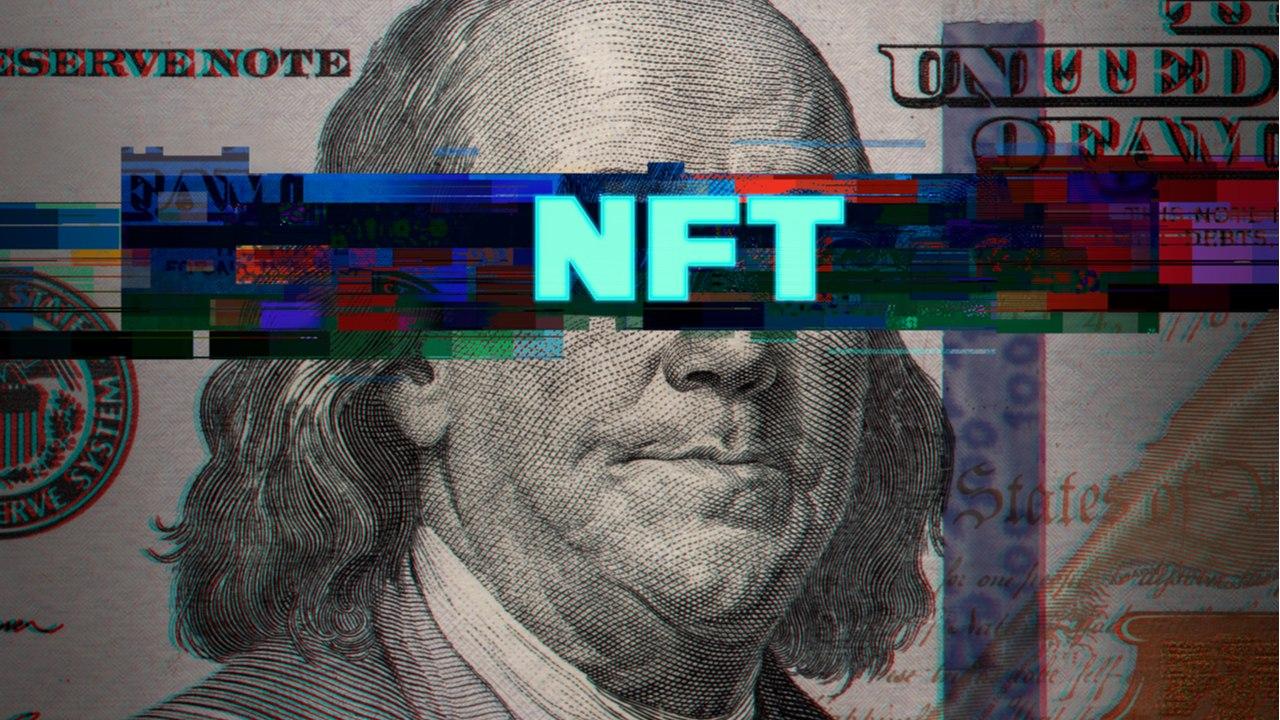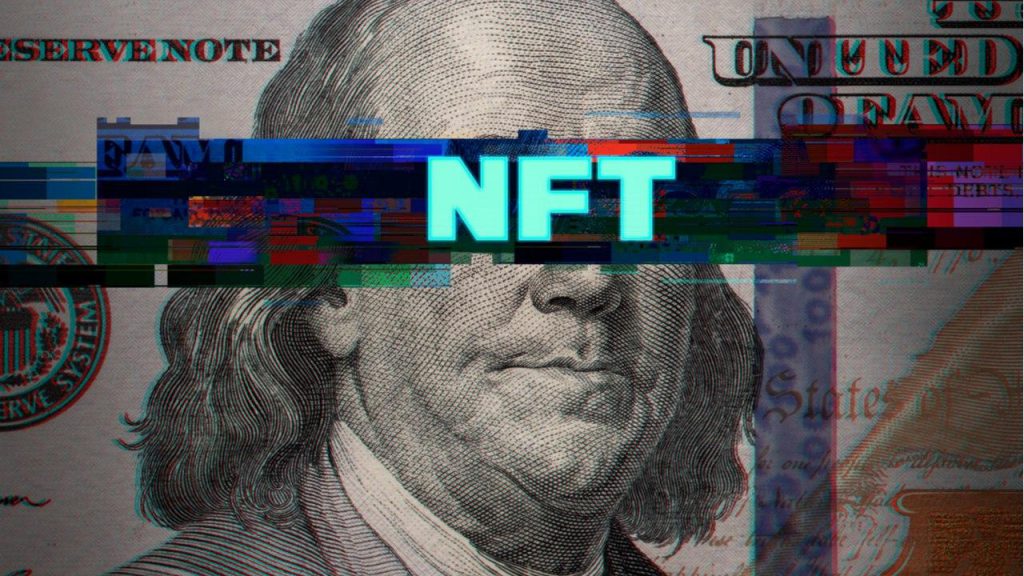
Chainalysis, one of the leading blockchain and cryptocurrency auditing firms, has issued a report indicating signs of significant wash trading activity involving NFTs. In these operations, some actors effectively sell their assets to themselves, with the intention of increasing the floor price of the NFTs to sell them at a higher price later. However, this wash activity has not always been profitable due to gas costs.
Wash Trading Involving NFTs Is Real, Says Chainalysis
A new report issued by Chainalysis, one of the leading auditing and tracking firms in crypto, has detected “significant” wash activity in the NFT market. These activities have the objective of making an NFT more valuable by giving the appearance of previous sales. Using blockchain analysis, the company was able to detect 262 users that have sold NFTs to self-funded addresses more than 25 times.
The most active address in these activities has done this procedure over 800 times, but it has not yielded very good results for its owner or owners. Due to gas fees, the price of transactions made to allow these movements was significantly higher than the benefit obtained for the sales. According to the report, the address has lost over $8K.
Profitability and Legal Status
However, the wash trading activity involving NFTs has been profitable if viewed as a whole, with several addresses earning millions. The company found that 110 addresses involved in these activities made more than $8,800,000 in profit from wash trading.
The legal status of wash trading in NFT markets is not clear, according to the firm. Chainalysis states:
NFT wash trading exists in a murky legal area. While wash trading is prohibited in conventional securities and futures, wash trading involving NFTs has yet to be the subject of an enforcement action.
This could change, however, as NFTs become more popular. With the explosion of NFTs during 2021, and several companies beginning to integrate NFTs into their business models, occurrences of wash trading could begin to catch the attention of regulators around the world.
The company also detected limited instances of money laundering using NFTs, coming mostly from scam-related addresses. Chainalysis described this activity as a “drop in the bucket” compared to the amount laundered using cryptocurrency during 2021.
What do you think about Chainalysis’ report on NFT-related wash trading? Tell us in the comments section below.
Image Credits: Shutterstock, Pixabay, Wiki Commons
Disclaimer: This article is for informational purposes only. It is not a direct offer or solicitation of an offer to buy or sell, or a recommendation or endorsement of any products, services, or companies. Bitcoin.com does not provide investment, tax, legal, or accounting advice. Neither the company nor the author is responsible, directly or indirectly, for any damage or loss caused or alleged to be caused by or in connection with the use of or reliance on any content, goods or services mentioned in this article.
Read disclaimer


